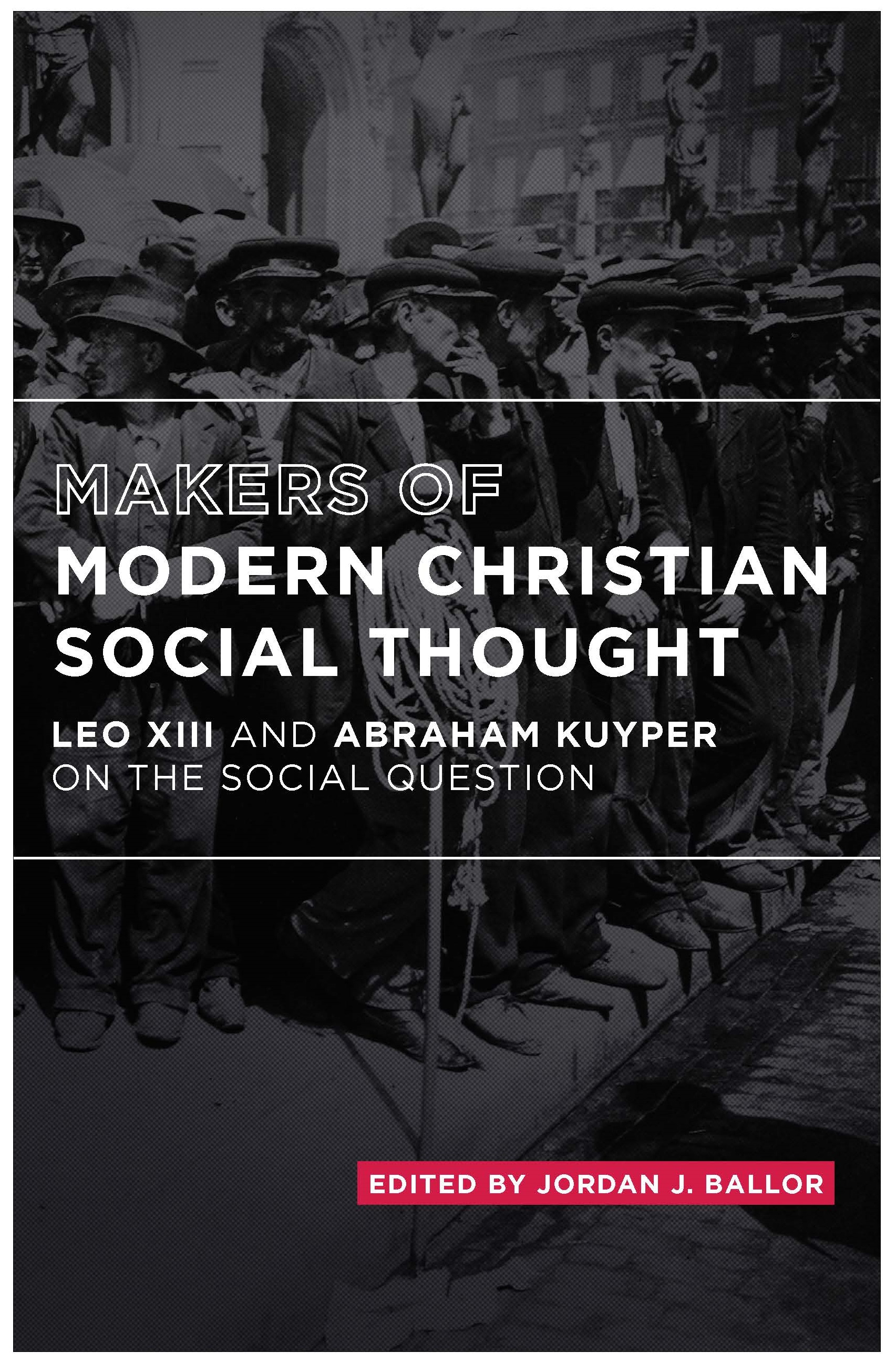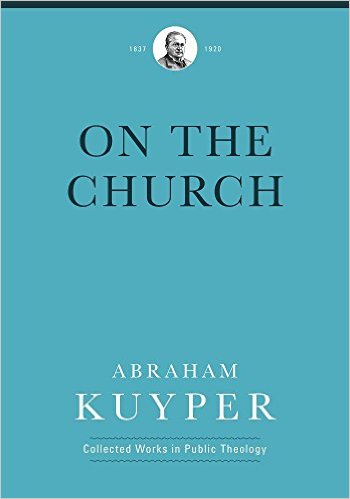Posts by Jordan J. Ballor
October 10, 2016
October 05, 2016
‘Riches do not bring freedom’
The contrast between the treatments by David Bentley Hart and Dylan Pahman of the question of the intrinsic evil of “great personal wealth” this week pretty well established, I think, that in itself wealth is among the things neither forbidden nor absolutely required. Continue Reading...

October 03, 2016
Love is the Truth
September 30, 2016
‘You are the spring that puts all the rest in motion’
September 14, 2016
The soul of the polis
In this week’s Acton Commentary, “Piety and Politics: The Church’s Social Responsibility,” I take up the Kuyperian distinction between the church conceived as organism and as institute and point out some ways in which such ideas can help us navigate the dangerous waters of social and political engagement. Continue Reading...

September 05, 2016
‘The historical heritage of human labour’
August 30, 2016
Berman on Law and Economics
August 18, 2016
The Burkean tradition in Britain and America
August 17, 2016
The true face of ‘capitalism’
August 10, 2016